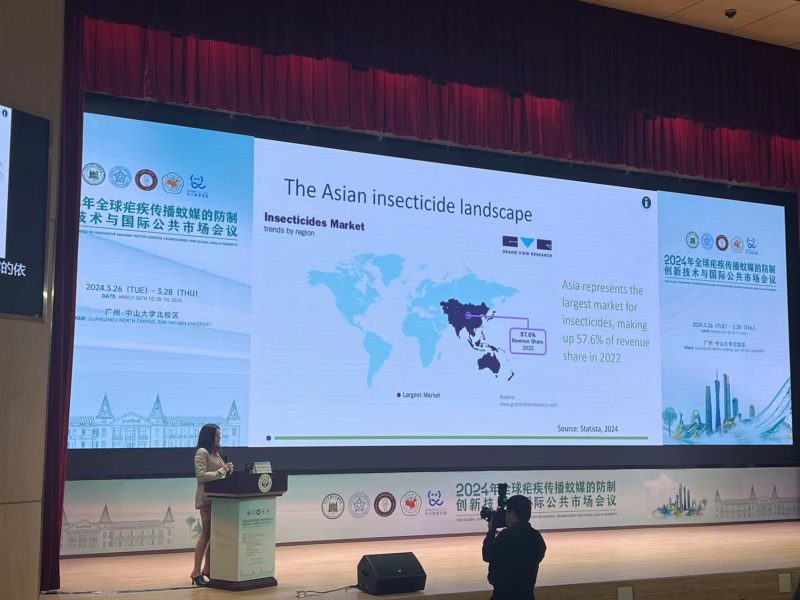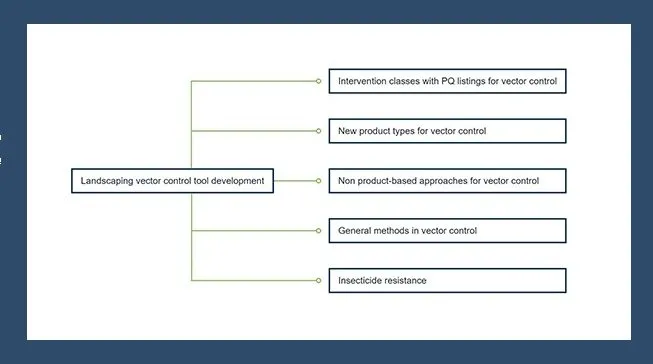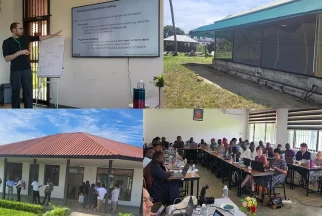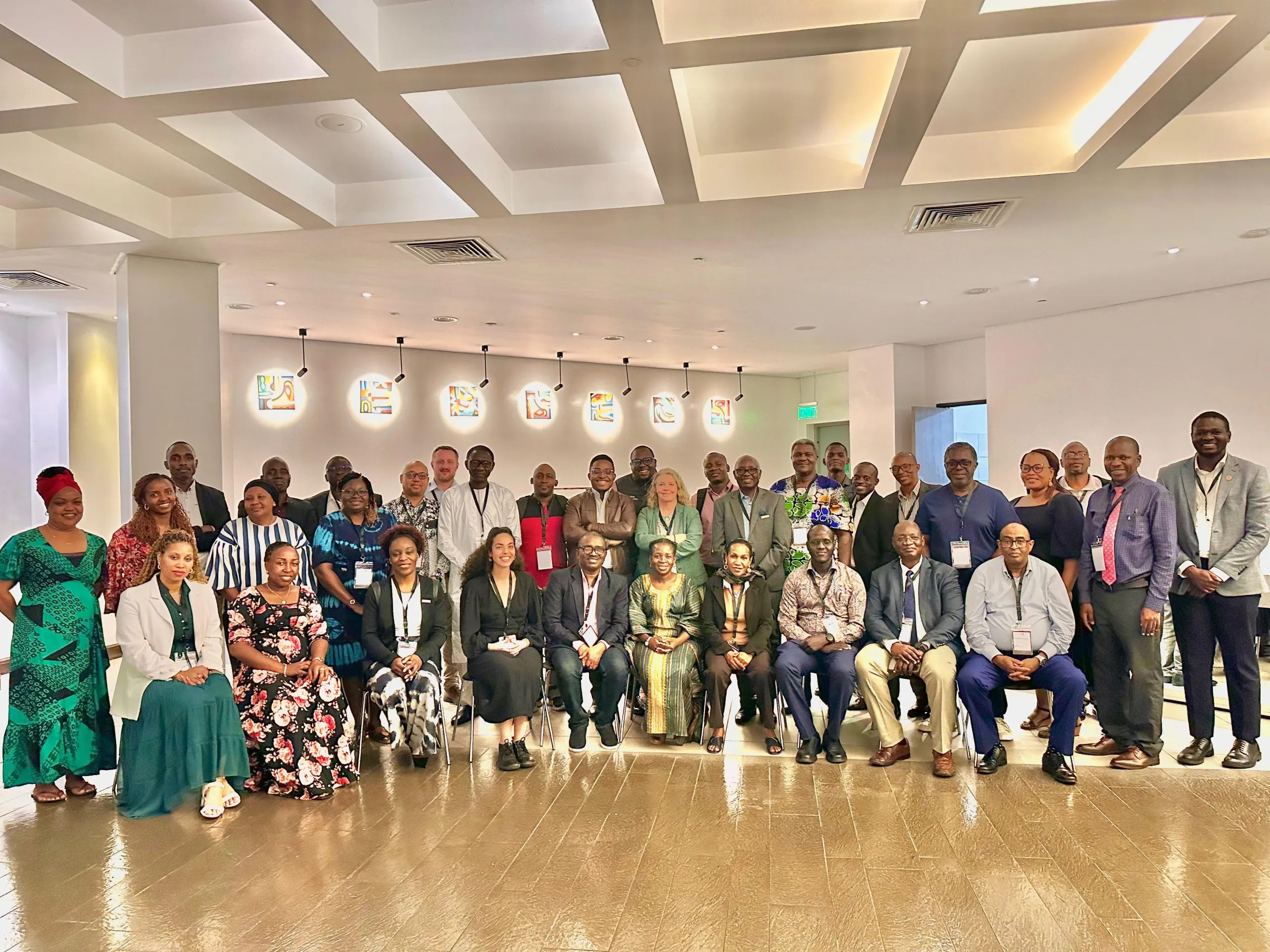All
Convenings
Latest News
Workshop on Country Registration Procedure
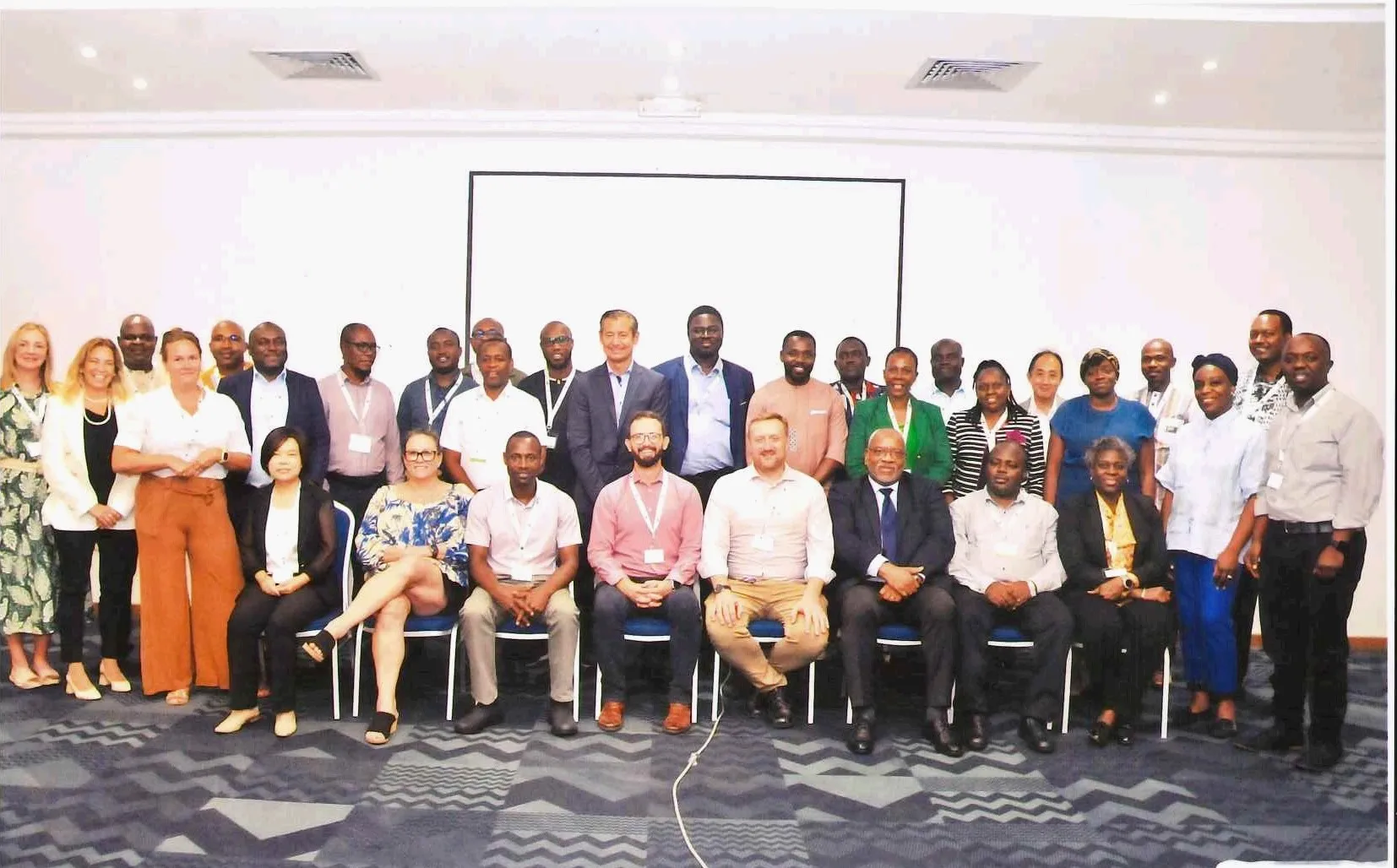
I2I was delighted to host a Workshop to discuss piloting the WHO Collaborative Registration Procedure for Vector Control products. The meeting, held in Cotonou, Benin, included representatives from WHO, endemic country vector control regulators and disease control programmers and manufacturers of prequalified products.
The Collaborative Registration Procedure (CRP) offers country regulators the opportunity to rely on data in the PQ dossier in order to streamline registration of prequalified products. It can also provide opportunities for capacity building and joint reviews of data with regulators to facilitate these reviews. The CRP has long been a key objective of I2I in its efforts to streamline access to new tools, so this workshop was a significant step along that path.
The workshop itself featured plenty of discussion and a robust exchange of experiences that will help shape a pilot for the CRP itself. Vector is somewhat different to other PQ product streams since regulators of these products come from, not only, the Ministry of Health, but potentially Ministries of Agriculture or Environment depending on the country. Working through these nuances will be crucial to successful implementation of the pilot. The outcomes of this workshop provided many points to consider for the participants to design the pilot approach.
Several recommendations were made to WHO from the participants, notably:
- To formulate and promote a common global regulatory framework and standards for vector control products which is based on best regulatory practices and peculiarities of vector control products and work closely with regional harmonization initiatives.
- To facilitate and advocate for harmonization of technical documentation for submission of registration of VCP products, to have a common submission format and content which is aligned with the WHO PQ format.
- To facilitate the designated national regulatory authorities to build and further strengthen regulatory capacities for registration and regulation of vector control products.
- To ensure that development of WHO guidelines on vector control products goes hand in hand with advancement of science and technology, for the products to have public health relevance.
- The proposed CRP would increase the access to quality assured VCP products, however it should be implemented while taking into consideration the specific national requirements.
- WHO should work together with other interested partners to ensure the harmonization of vector control terminologies and definitions, to ensure clear demarcations with other closely related medical products e.g insecticides, pesticides, repellents and borderline products.
- Implementation of CRP should not result into increase of cost to manufacturers and suppliers.
- To develop and promote the translated versions of CRP guidelines and other related documents.
Meanwhile, recommendations to countries also emerged from the discussions.
- National regulatory authorities should establish and promote communication, collaboration and work sharing to facilitate the uniformity and timely introduction of vector control products.
- NRAs to update the standards/guidelines for evaluation and marketing authorization of vector control products based on WHO prequalification guidelines.
- NRAs are encouraged to sign the agreements to participate in pilot phase of CRP for vector control products and actively fine tune the procedure to fit for peculiarities and meet the intended purpose.
- NRAs to select the most relevant products from the list of prequalified vector control products to be used in pilot phase of the proposed CRP.
- To promote and ensure the optimum utilization of harmonized protocols and scientific assessments recommendations from regional harmonization initiatives e.g. CILLS.
- To explore the ways and possibilities of minimizing data requirements and avoid repeat studies to minimize nonvalue adding steps/requirements
It was proposed that the pilot should be conducted between January 2024 to December 2024, and experience from the pilot will be used to finalize the guideline which is to be submitted for consideration at the next Expert Committee on Specification for Pharmaceutical Products (ECSPP) meeting in October 2024. Scope of the products would be vector control products that are currently in the scope of WHO prequalification, and they have a valid prequalification status.
I2I will continue to work with its stakeholders to support the pilot implementation and encourages any interested countries or product developers to get in touch to discuss.
Presentations of the meeting are accessible here:

